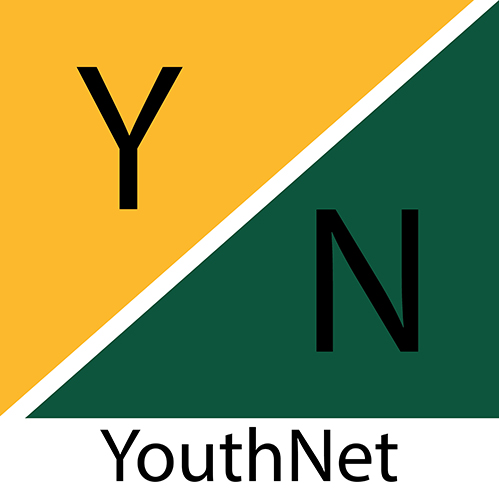The ELEMENT Project (Enhancing Landscape and Ecosystem Management in Nagaland) is a World Bank–supported initiative implemented through the Department of Agriculture and Allied Sectors, Government of Nagaland. The project aims to improve landscape management and enhance benefits for forest-dependent communities through sustainable natural resource management, ecosystem restoration, and livelihood development.
YouthNet as Project Facilitating Agency (PFA)
YouthNet serves as the Project Facilitating Agency (PFA) for Kohima and Zunheboto districts under the ELEMENT Project. As a PFA, YouthNet works closely with the Zonal Management Unit (ZMU), Village Management Committees (VMCs), and line departments to ensure smooth, coordinated, and participatory implementation of project activities.
Our primary focus is to empower communities through technical guidance, capacity building, and field-level facilitation in areas such as soil and water conservation, forest and biodiversity restoration, and sustainable livelihood promotion.
Project Coverage
- Kohima District: 18 villages
- Zunheboto District: 24 villages (YouthNet covers 12 villages)
Project Focus Areas
The ELEMENT Project activities in both Kohima and Zunheboto share a unified focus on sustainable landscape management and community-based conservation. YouthNet, as PFA, is facilitating activities in the following key areas:
- Soil and Water Conservation: Construction of contour trenches, check dams, and rainwater harvesting systems to control erosion and improve water availability.
- Forest and Ecosystem Restoration: Reforestation of degraded areas, promotion of agroforestry, and protection of community forests.
- Spring-shed Development: Reviving and managing natural springs and water sources to ensure year-round water supply.
- Biodiversity Protection: Conserving native flora and fauna, establishing biodiversity registers, and promoting eco-friendly practices.
- Livelihood Enhancement: Supporting agroforestry, beekeeping, spice cultivation, eco-tourism, and other income-generating activities linked to natural resources.
- Community Capacity Building: Training Village Management Committees (VMCs), women’s groups, and youth to manage their natural resources sustainably.
Project Components Implemented by YouthNet
- Strengthening Capacities for Integrated Landscape Management
- Training and empowering VMCs and local institutions.
- Strengthening linkages between departments and communities.
- Promoting participatory planning through Community Landscape Management Plans (CLMPs).
- Restoring Landscapes for Improved Ecosystem Management
- Supporting afforestation, water conservation, and land restoration.
- Protecting biodiversity and improving ecological balance.
- Enhancing Landscape-based Value Chain Development for Economic Transformation
- Developing sustainable enterprises linked to local natural resources.
- Supporting eco-tourism and market linkages for forest-based products.
- Program Management
- Monitoring, documentation, and transparent reporting of progress.
- Coordinating effectively with SPMU and ZMU for timely implementation.
Expected Outputs and Outcomes
- Preparation and implementation of Community Landscape Management Plans (CLMPs) across all project villages.
- Improved soil health, water retention, and forest cover through conservation measures.
- Revived springs and better access to clean water for communities.
- Enhanced livelihoods through eco-friendly income activities.
- Strengthened community institutions and improved environmental awareness.
- Long-term contribution to climate resilience and sustainable development in Nagaland.
Through the ELEMENT Project, YouthNet is dedicated to building resilient landscapes and empowering communities in Kohima and Zunheboto. By combining environmental restoration with sustainable livelihood development, the project envisions a healthier ecosystem, stronger communities, and a greener future for Nagaland.
